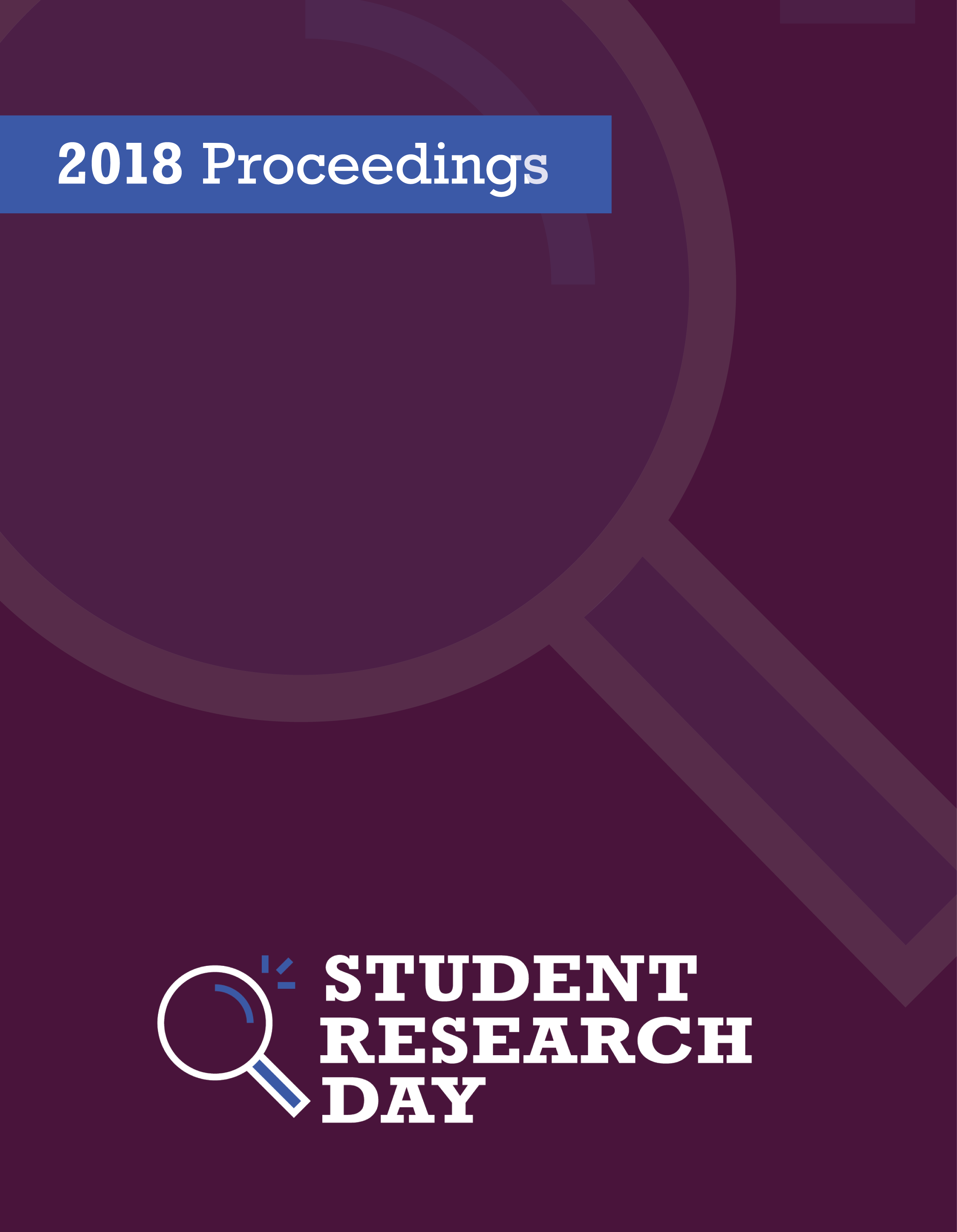Animal Welfare within the Human-Dog Dyad
The Relationship between Human Mental Health and Pet Dog Problem Behaviours.
Abstract
Pet ownership interventions reduce owner stress and increase overall quality of life, and as such, pet ownership is sometimes considered as a method of treatment. However, to date research on human-animal interactions and pet ownership has primarily focused on the benefits for the human, and has paid little attention to welfare of the animal. From a caregiver perspective, the owner-dog dyad is analogous to the parent-child dyad. Studies on the parent-child dyad show that children are more likely to display stress-related behaviours if raised by parents who suffer from depression or anxiety. Here we show similar correlations exist among the owner-dog dyad. Using the Inventory of Anxiety and Depression Symptoms (IDAS), the Perceived Stress Scale (PSS) and the Canine Behavioral Assessment and Research Questionnaire (C-BARQ), university students reported their mental health and problem behaviours in their pet dogs. Bivariate correlations and forward regression analyses indicate dog problem behaviours are correlated with, and predictive of, worse owner mental health, and worse owner mental health is correlated with, and predictive of, more severe dog problem behaviours. Predictions held true after controlling for owner attachment to their pet, and the level of care they provide to their pet using hierarchical regression analyses. However, low R2 (R212) and beta weights (β .26) indicate other factors are likely involved. Thus, additional studies on animal welfare and dog ownership interventions are warranted.
Discipline: Psychology (Honours)
Faculty Mentor: Dr. Eric Legge
References
Published
Issue
Section
License
Authors retain any and all existing copyright to works contributed to these proceedings.



